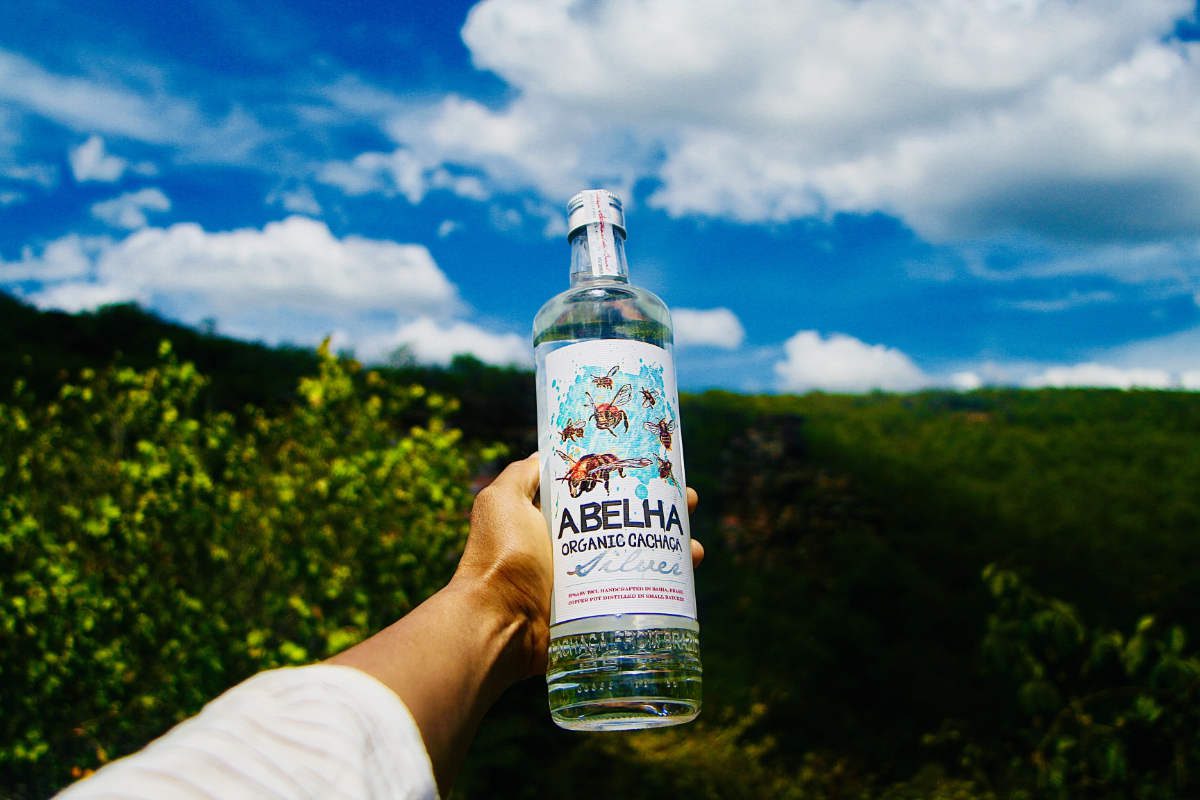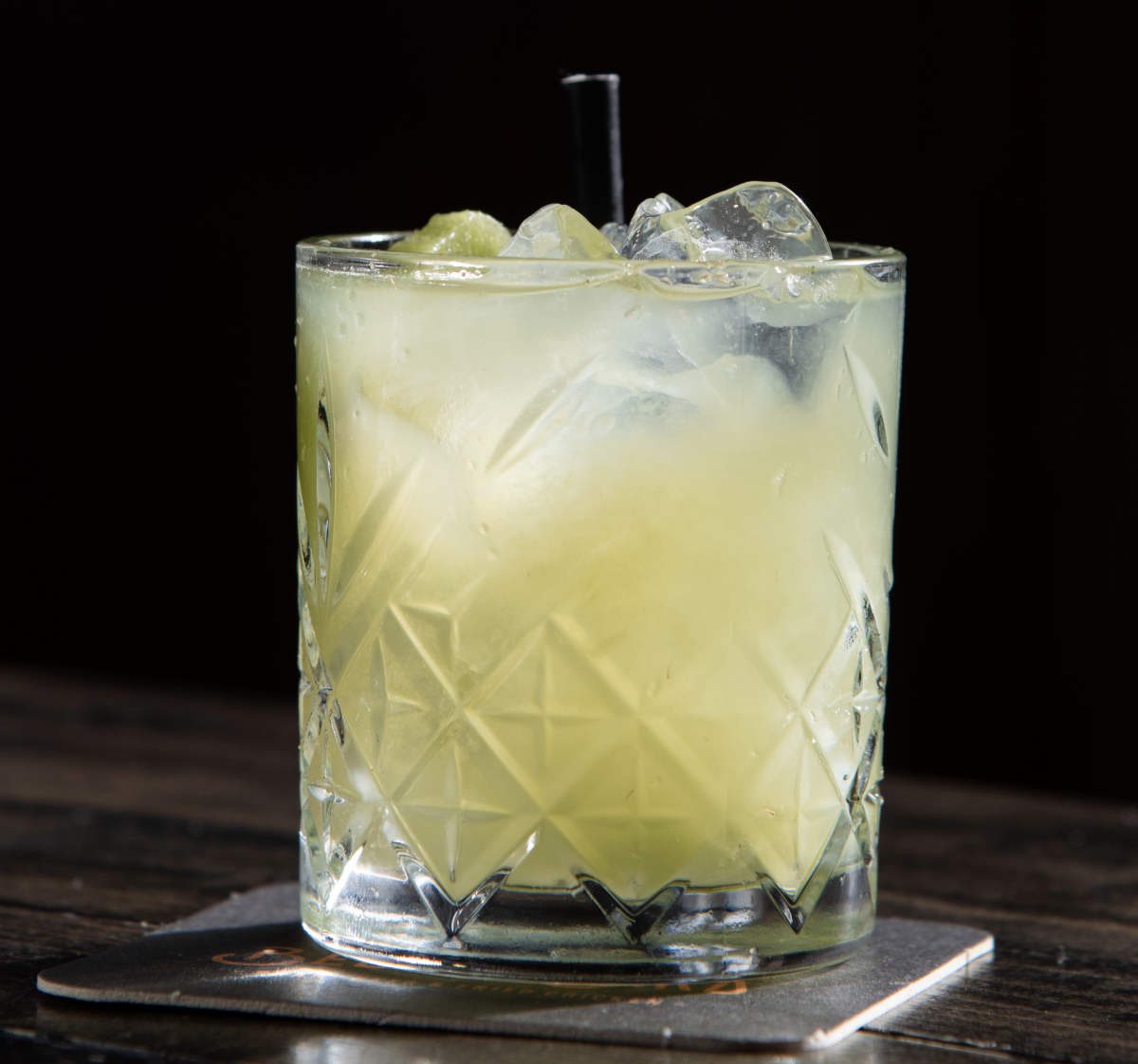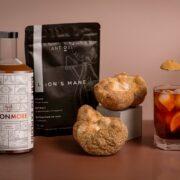International Cachaca Day
Like an overly hirsute lady about to go on her summer beach holiday, it’s time to go for a Brazilian !– as the Thinking Drinkers celebrate Interational Cachaca Day. (You may have read about our visit to the Thinking Drinkers Pub Quiz at Edinburgh Fringe here)
Cachaca remains relatively unknown in the UK beyond its role as the key component in the classic Caipirinha cocktail. Pronounced “Ka-sha-ssar”, it was first introduced to Brazil by Portuguese settlers in the 16th century. A forerunner to rum, cachacas are traditionally made by distilling fermented sugar cane juice from Brazil’s vast swathes of sugar plantations.

Traditional distillers use wild yeast strains and copper stills to evoke sweeter, vegetal notes, while modern adopters opt for column stills to fashion a cleaner, neutral taste profile. Cheaper versions that seldom leave Brazil can be eye-wateringly raw, rough and rustic but in recent years there’s been a gradual rise in exports of really rather refined cachacas distilled on pot stills and aged in wood like top-end tequilas.
If the spirit is identified as ‘aged’, it must spend at least a year in wood, and while aging is not required, it can round off some of cachaca’s sharper notes. Many producers are also experimenting with ageing techniques – resting their spirits in different Brazilian wood barrels.
“These quality cachacas showcase the sugar cane character and can be sipped neat or in cocktails,” said Tom Sandham. “Unaged cachaças are grassy, fresh and delicate with herbal character while aged varieties, darker in colour and earthier and richer in character, deliver pepper, vanilla fudge and caramel.”
Beyond the classic Caipirinha, the discerning drinking duo suggest a Batida or a Rabo de Gallo – two of Brazil’s most popular cachaca cocktails. “Dovetailing the mellow character of a sipping rum with the buzz of a tequila, Cachaca is an incredibly versatile spirit,” added Ben McFarland. “It can really shine in cocktails that would otherwise call for agave spirits, white rum or vodka.”

Caipirinhia
Pronounced “ky-per-rean-yah”. It’s a traditional Brazilian cocktail meaning “little countryside drink” and is a simple coming together of limes, sugar and cachaca.
60ml cachaça
Half a lime cut into 4 lime wedges
1 tablespoon of unrefined white sugar
Muddle the lime with the sugar in the glass, add crushed or cubed ice, stir, add the cahcaca, and stir again.
Batida
Some say that this is Brazil’s version of the Pina Colada but it’s better than that.
60ml cachaça
60ml fresh coconut milk
30ml condensed milk
Shake all the ingredients with ice and strain into a glass over crushed ice. Garnish with a mint leaf

Capucana
Not one, not two but three types of sugar cane are distilled and aged for three years to create a sweet cachaca with a hint of vanilla – all delivered in a handsome looking bottle.
£38.45 Available from The Whisky Exchange
Abelha Organic Gold
Distillation in copper pot stills adorn this organic cachaca with assertive sweet vegetal notes, smoothed out by three years in a cask.
£29.99, Master of Malt
Yaguara Cachaca
This family owned organic producer hand-harvests sugar cane and ages a fifth of the blend in oak for up to six years. Herbal, floral with fresh sweet citrus notes.
£33.95 The Whisky Exchange
The Thinking Drinkers Spirits Subscription Club rolled out earlier this year with members receiving a copy of The Thinker Drinkers Almanac alongside a monthly delivery of three specially selected libations, brought to life through Tom and Ben’s exclusive online tastings.
For more information on the book, the shows and the subscription box, visit www.thinkingdrinkers.com



